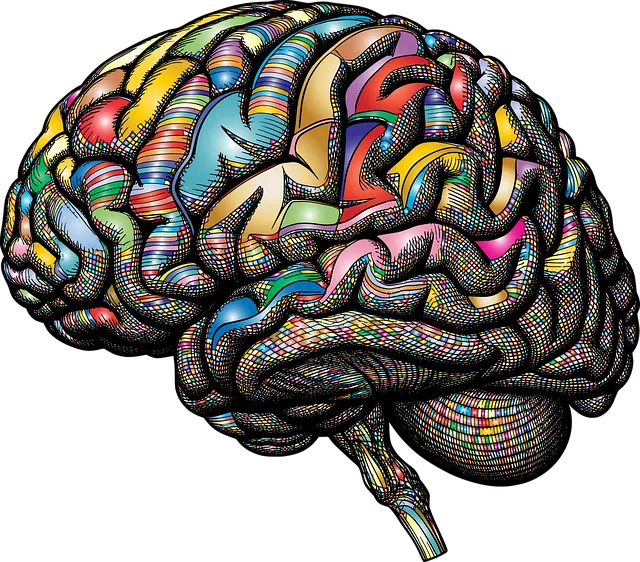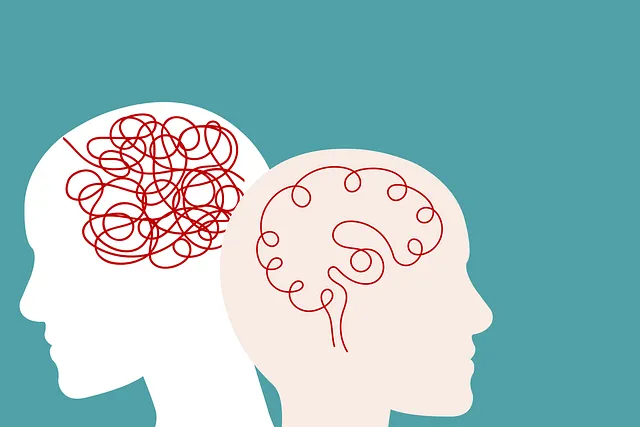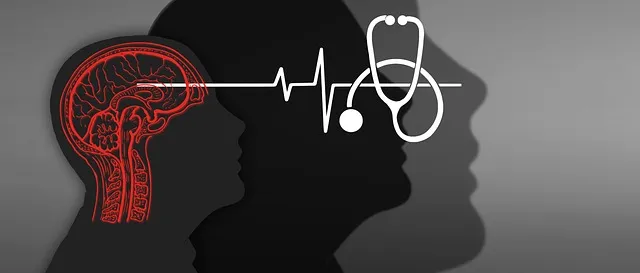The Westminster Kaiser Permanente mental health center emphasizes cultural competency, recognizing that understanding diverse communities' coping mechanisms and beliefs is key to delivering equitable care, as seen in positive Westminster Kaiser Permanente mental health center reviews. This approach, coupled with training in emotional well-being promotion techniques and self-care practices, enhances patient outcomes and strengthens caregiver-patient relationships. Patients praise the center's friendly staff, comprehensive services, and tailored therapeutic approaches, making it a trusted choice for mental health support in Westminster.
Healthcare provider cultural competency training is a vital asset in modern medical practice, ensuring equitable care for diverse patient populations. This article explores the importance of cultural competency, its role in enhancing cross-cultural communication, and the impact of targeted training programs. We delve into case studies, including insights from the Westminster Kaiser Permanente Mental Health Center reviews, to assess the effectiveness of such training and its potential to improve healthcare outcomes for all.
- Understanding Cultural Competency in Healthcare: A Necessity in Modern Practice
- The Role of Training: Equipping Providers for Effective Cross-Cultural Communication
- Case Studies: Westminster Kaiser Permanente Mental Health Center Reviews and Their Implications for Training Effectiveness
Understanding Cultural Competency in Healthcare: A Necessity in Modern Practice

In today’s diverse healthcare landscape, cultural competency is no longer an option but a necessity. This concept revolves around understanding and appreciating the cultural differences among patients, families, and communities, ensuring that everyone receives respectful, accessible, and effective care. At the Westminster Kaiser Permanente mental health center, reviews highlight the importance of this competency, as it directly impacts patient satisfaction and outcomes. A culturally competent approach recognizes that mental health issues can be influenced by cultural beliefs, values, and practices, which in turn affects how individuals express their distress and seek help.
The need for such training is evident when considering the complex interplay between culture and mental health. For instance, certain communities may have unique coping skills development methods or specific perceptions of stress reduction techniques. Mental health education programs designed with cultural competency in mind can better address these nuances. By integrating knowledge about different cultures’ perspectives on well-being and illness, healthcare providers at Kaiser Permanente’s Westminster center can offer tailored support, fostering a safe space where patients feel understood and empowered to navigate their mental health journeys effectively.
The Role of Training: Equipping Providers for Effective Cross-Cultural Communication

Effective cross-cultural communication is a cornerstone of quality healthcare provision, and training plays a pivotal role in equipping mental health professionals for this task. The diverse patient population at centers like the Westminster Kaiser Permanente mental health center necessitates an understanding of different cultural backgrounds, values, and beliefs to offer empathetic and culturally sensitive care. Training programs should focus on developing communication strategies that transcend language barriers, promoting emotional well-being through self-care practices tailored to diverse needs.
By integrating Emotional Well-being Promotion Techniques and Self-Care Practices into their training curricula, healthcare providers can enhance their ability to connect with patients from various cultural contexts. These strategies empower mental health professionals to navigate complex interpersonal dynamics, fostering environments that support open dialogue and healing. This approach not only improves patient outcomes but also strengthens the bond between caregiver and patient, making care more accessible and meaningful for all.
Case Studies: Westminster Kaiser Permanente Mental Health Center Reviews and Their Implications for Training Effectiveness







